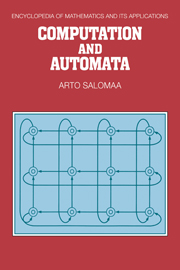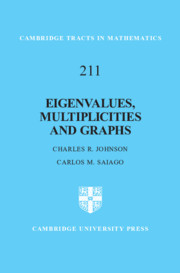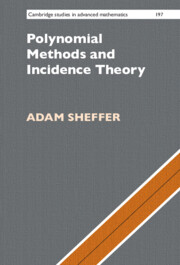Assignment Problems
Assignment Problems is a useful tool for researchers, practitioners, and graduate students. It provides a comprehensive treatment of assignment problems from their conceptual beginnings in the 1920s through present-day theoretical, algorithmic, and practical developments. The authors have organised the book into 10 self-contained chapters to make it easy for readers to use the specific chapters without having to read the book linearly. The topics covered include bipartite matching algorithms, linear assignment problems, quadratic assignment problems, multi-index assignment problems, and many variations of these problems. Researchers will benefit from the detailed exposition of theory and algorithms related to assignment problems, including the basic linear sum assignment problem and its variations. Practitioners will learn about practical applications of the methods, the performance of exact and heuristic algorithms, and software options. This book also can serve as a text for advanced courses in discrete mathematics, integer programming, combinatorial optimization, and algorithmic computer science.
- Exercises in the form of numerical examples provide readers with a method of self-study or students with homework problems
- An associated webpage offers applets that readers can use to execute some of the basic algorithms
- Comprehensive treatment of assignment problems from their conception through to their present-day developments
Product details
March 2009Hardback
9780898716634
395 pages
260 × 182 × 23 mm
0.87kg
This item is not supplied by Cambridge University Press in your region. Please contact Soc for Industrial & Applied Mathematics for availability.
Table of Contents
- Preface
- 1. Introduction
- 2. Theoretical foundations
- 3. Bipartite matching algorithms
- 4. Linear sum assignment problem: sequential algorithms
- 5. Further results on the linear sum assignment problem
- 6. Other types of linear assignment problems
- 7. Quadratic assignment problems: formulations and bounds
- 8. Quadratic assignment problems: algorithms
- 9. Other types of quadratic assignment problems
- 10. Multi-index assignment problems
- Bibliography
- Author index
- Subject index.









